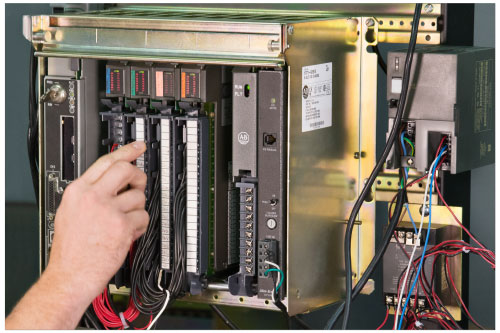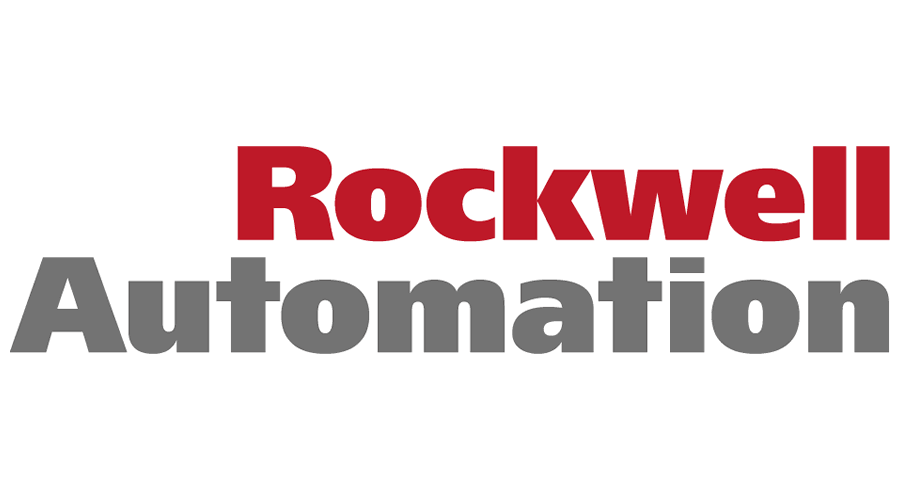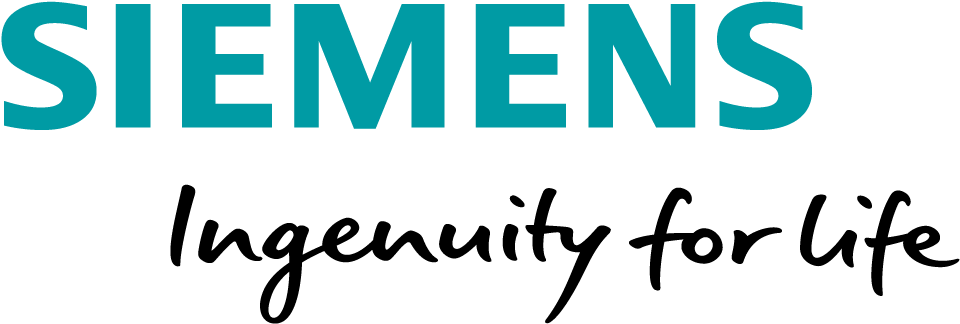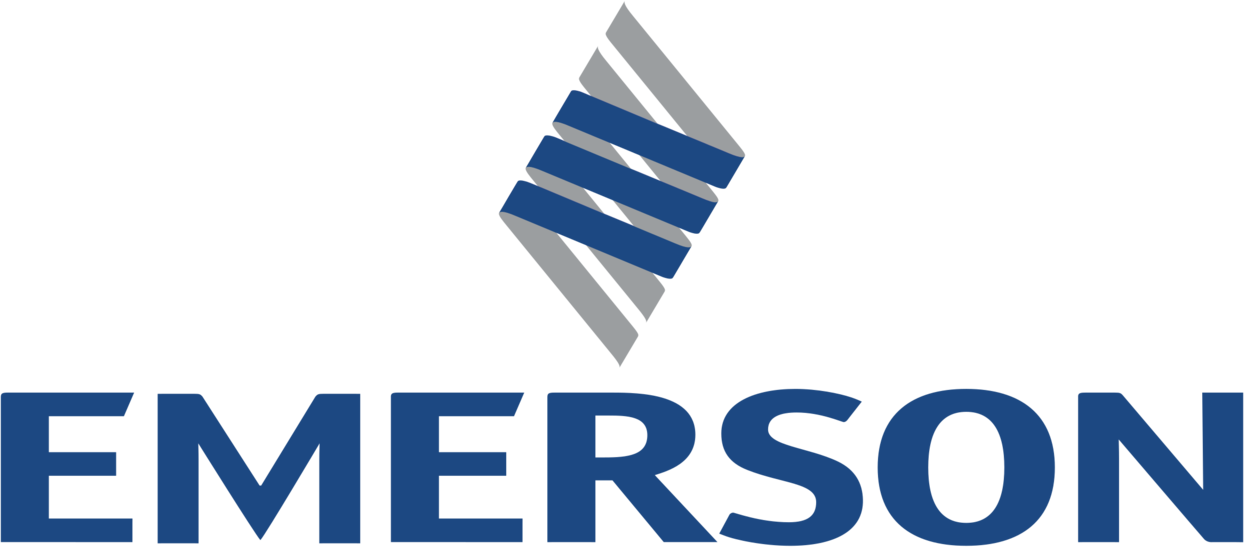Upgrade Your Legacy PLC Control Systems
Understanding the Risks of Obsolescence and the Benefits of Upgrading to Modern PLC Control Systems
Migration
Common approach to upgrade legacy PLC control system is migrating to a newer platform, preserving complex control strategies and current manufacturer, and saving time and money compared to creating new code from scratch.
Upgrade
Legacy system upgrade can include adding new hardware/software, like a control panel or SCADA, to leverage new technology, while keeping most of the existing system for cost-effectiveness.
Replacement
Replacing the entire legacy system can offer the best long-term benefits by providing a clean slate for modern coding philosophies with new hardware/software, control strategies, and code written from scratch.
Are you using a legacy PLC system?
Over the course of the past 30 years, RTS has worked with hundreds of clients in a wide variety of industries to leverage the most current technology in PLC Control Systems to help them meet the challenges of competitive and/or regulated environments. Technology is always advancing and with it hardware and best practices are constantly evolving, while some platforms and standards die off.
Many long-term owners of PLC Control Systems, including some of our clients, have been using the same technology and hardware platforms for decades.
Some of these platforms, such as Allen-Bradley PLC-5 and SLC-500, GE 90-30 and 90-70, Siemens S5 & S7-299, are now considered obsolete or near obsolescence – these are referred to as “legacy systems”. This is also true for some OIT and SCADA software packages and the hardware they run on.
Let alone how many systems we have seen still running old MS Windows operating systems

What to do about a legacy system?
Though not advised, keeping a legacy system as-is may retain a system’s existing functionality, but it leaves the system vulnerable to obsolescence, operational and maintenance issues. Some users scour the internet in hope of finding replacement components and stockpile spare equipment parts as a stopgap measure, but this type of approach is risky, costly, and can’t work indefinitely.
There are two main approaches to address legacy PLC control systems:
- Rewrite new code from scratch in a new hardware and software platform.
- Migrate existing legacy code into the new hardware and software platform.
These two approaches may require, at the very least, modifications to the control panel and upgrades to any platforms running SCADA or HMI software. In some cases, it is advisable to replace either or both.
Rewriting new code from scratch provides an opportunity to break away from the old patches and introduce modern coding philosophies, such as software standards. This is a clean slate approach to upgrading a system, one that does not lock you into the same manufacturer, but this typically requires a bit more programming time than a migration.
Migrating existing legacy code into new hardware and software, typically from the same manufacturer, preserves a system’s complex control strategies. New and consistent programming standards can’t be fully applied using this approach.

Trust RTS for a Seamless Migration / Upgrade
Unlock the Potential of Your Legacy PLC System
There are no standard methods or requirements for upgrading automation systems to new technology. If you are considering or have decided to upgrade, RTS can carefully research and evaluate your existing system assets to understand how your process functions both electro-mechanically and programmatically before recommending budgets and actionable steps.
This involves reviewing the details of the process itself, the peer-to-peer network relationships associated with data transfer and the process controls and interlocks associated with the equipment. Functional and technological gaps are identified and presented for your consideration.
We will create a proposal and plan to upgrade/migrate your legacy system using best-in-class technology and practices to meet your needs, expectations, and budget. Contact us to get started.
Why choose us for your automation and process control system upgrades?
- Expertise
Our team of professionals has extensive experience in working with a wide range of hardware, software and technologies, both past and current. We are well-versed in legacy and obsolete systems, enabling us to understand your unique requirements and provide tailored solutions. - Alignment with Current Technology
We understand the importance of keeping your systems aligned with the latest technology advancements. By upgrading your automation and process control systems with RTS, you can ensure that your operations remain efficient and up-to-date. We know and fully utilize current best practices and industry-proven standards. - Meeting Production Demands
As your business grows and evolves, so do your production demands. Our solutions are designed to accommodate your specific needs and support your business goals. With RTS, you can optimize your processes and enhance productivity. - Risk Mitigation
Obsolescence, high maintenance costs, and system failures can pose significant risks to your operations. By partnering with RTS, you can mitigate these risks and ensure the long-term reliability and performance of your automation and process control systems. And, with our experience, RTS will provide you with a comprehensive transition plan to eliminate any risks during the process of moving from your “legacy” system to current technology.
Successful Projects
Satisfied Customers Worldwide
Years of Manufacturing Experience
Our Vendors











